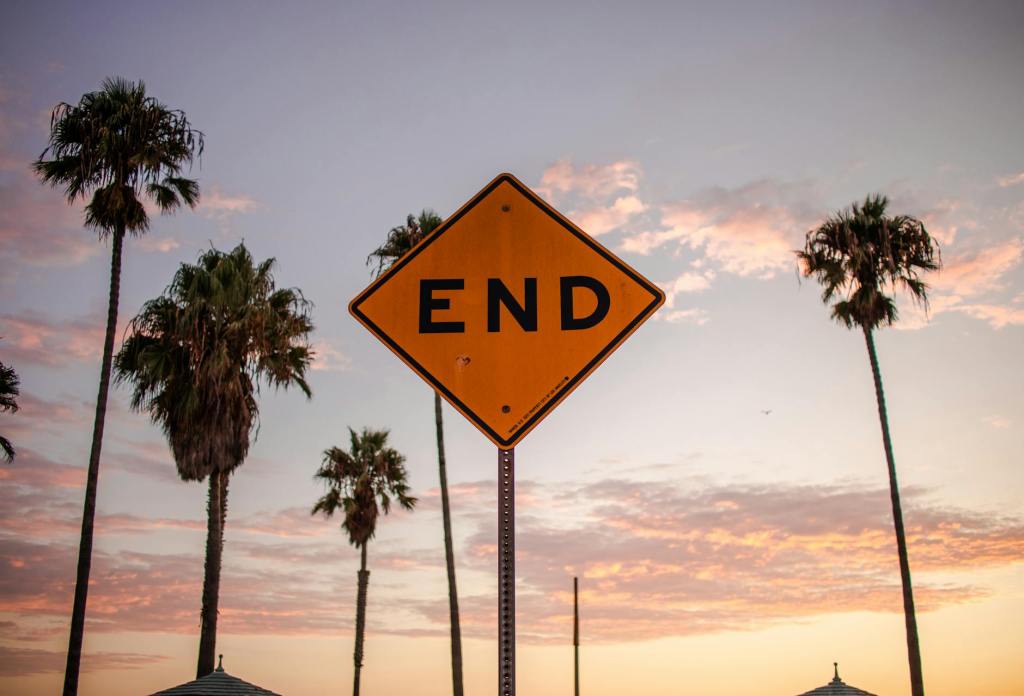“Humans, if nothing else, have the good sense to die.”
– Marcus Zusak
On the night of May 16, 1992, the singer Chalino Sánchez was performing in his hometown of Culiacán, Mexico.
During the start of one of his most popular songs, Alma Enamorada, Chalino was handed a note from the audience. He was all smiles, expecting a pleasant message.
But as he unfolded the note, his face darkened, and he became panicked and restless.
What brought Chalino to that nerve-racking moment was a life full of tribulations.
Growing up in the streets of Culiacán, violence and poverty were the norm. And having been raised without a father, who died when Chalino was 6 years old, Chalino had to learn the hard way to be fearless and self-reliant.
When he was 11, Chalino’s sister was raped by a local drug lord. Due to his power and influence, he got away with his crime scot-free.
When Chalino turned 15, he found the opportunity to take justice into his own hands. He found the drug lord at a party, and walked up to him with a gun in his hand. Without saying a word, he fired his gun at point-blank range and killed him.
After the incident, he had no choice but to flee his hometown. He spent some time in Tijuana, Mexico, before moving to Los Angeles, United States. He worked odd jobs — some legal, like washing dishes and selling cars — and some illegal, like selling marijuana and smuggling immigrants.
When he turned 24, his elder brother was murdered. This heartbreaking tragedy inspired him to write his first song in honor of his brother. He wrote the song in the style of a “corrido”, a traditional Mexican song form that leverages storytelling.
At around the same time, Chalino was briefly imprisoned on the charges of minor crimes. Here, he had his first taste of recognition for his songwriting talents, as he composed corridos for his fellow prisoners, in exchange for money and goods.
After he was released, Chalino worked on building his music career. He pioneered the “narcocorrido” genre, which is the corrido equivalent of gangsta rap in the United States.
His music resonated strongly with the Mexican communities, as he candidly sang about their socioeconomic struggles, and realistically depicted the Mexican criminal underworld, often referencing real names and events.
Inevitably, his rising popularity would bring him his share of unwanted attention and animosity, especially from criminals who felt misrepresented or targeted in Chalino’s music.
During a concert in Coachella, California in 1992, a drug-frenzied audience member rushed onstage and shot Chalino in the chest. Chalino, who always brought a gun with him while he performed, fired back. Chalino was hospitalized, and the shooter was arrested. Meanwhile, at least one bystander died in the crossfire, and several others were injured.
The incident made international headlines, and only skyrocketed his album sales. It reinforced Chalino’s legend as a singer who truly lived his music. But Chalino was not all that impressed with his stardom. By the day, he only grew more and more paranoid about his mortality.
Having a hunch that his days were numbered, he sold the rights to his music to fend for his wife and children’s future. He also gave away his personal belongings, like his gun collection, to his friends and family.
Just four months after the Coachella incident, he even decided to perform in his hometown of Culiacán, despite the massive risks it entailed — not least due to the unresolved conflicts that he had had from his past.
As he read the note that was handed to him during the concert, he knew this would be his last performance. He crumpled the note in his hand, wiped away the sweat on his forehead, gathered himself for a moment, and sang his heart out. It was his performance of a lifetime.
The next morning, his lifeless body was found by farmers in an irrigation canal not far from his hometown. He was blindfolded, and there were rope marks on his wrists. There were two bullet holes in the back of his head.
According to ancient belief, swans would sing out a beautiful tune when they knew they were dying, despite being mostly silent, let alone demonstrating little to no musical capability during their lifetime.
I find this idea beautiful, albeit in a haunting way. Because our inescapable mortality is perhaps the greatest force in our life. It gives us a sense of purpose and urgency. It gives us clarity, as it pushes us to think deeply of what matters most to us, and it whittles away the inessential.
It also drives us to create great art, to completely immerse ourselves in what we do.
Learning about Chalino Sánchez’s swan song reminded me a lot about Layne Staley’s performance in Alice in Chains’ harrowing MTV Unplugged concert, which has often been described as a “man singing at his own funeral.”
At the time of the performance, Layne was at his lowest point. He was deep in the throes of his heroin addiction, and because of this, the concert was the band’s first in a few years. It was also one of Layne’s final public appearances, before he became a recluse and passed away years later.
Walking up to the microphone, Layne seemed like a shell of his former flamboyant self. He wore a feeble smile. Many of his teeth had fallen out. His frame was gaunt. Sunglasses blocked out his blackened eyes, and the long sleeves of his shirt covered the scars he had from heavy heroin use.
Yet, once he sang the lyrics to the opening song, Nutshell, he sounded so beautiful that many among the crew and the audience reportedly broke into tears.
Nutshell, like many of the songs performed that night, dealt with the theme of addiction. Its meaning weighed much heavier, as Layne bared his soul as he sang.
“We chase misprinted lies. We chase the path of time,” sang Layne. “And yet I fight, and yet I fight this battle all alone. No one to cry to. No place to call home.”
Of course, we don’t have to be facing death threats like Chalino Sánchez, or wrestling with an addiction like Layne Staley, to push ourselves to create great art.
The fact that every single one of us could die at absolutely any time should be sobering enough for us to finally get serious with ourselves, to throw away our excuses, to go that little extra mile in making our art better.
And the thing is, this also goes beyond making art. If you were fully aware of your own looming mortality, how would you be your best?
Or, to be more precise, how would you use the little time you have left? How would you treat the people around you? What would do more of, what would you do less of, and what would you stop doing altogether?
The ultimate meaning of life is that it ends. So, in whatever you do, treat it as your swan song. Because it very well could be.


Leave a comment